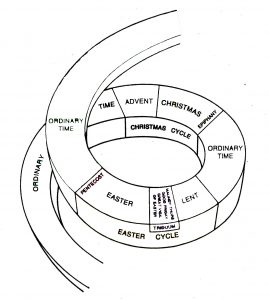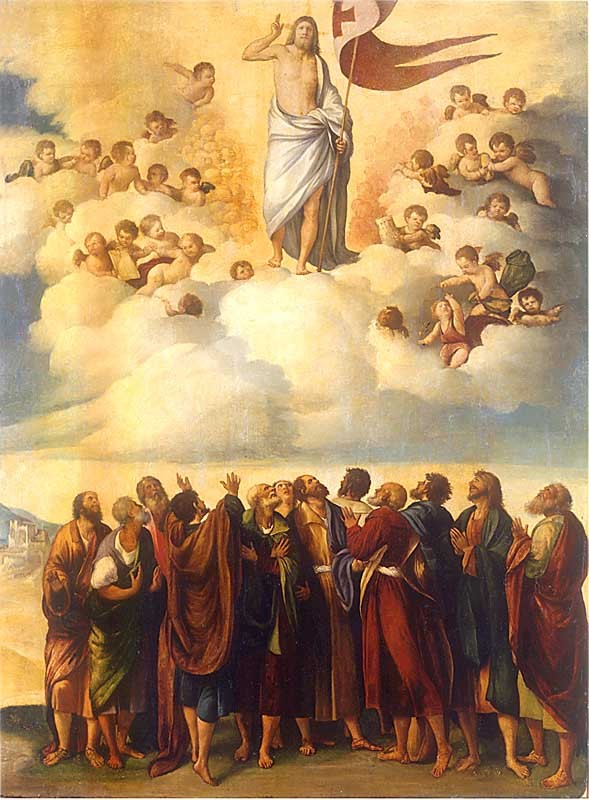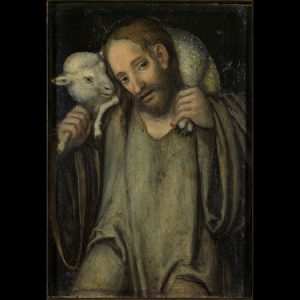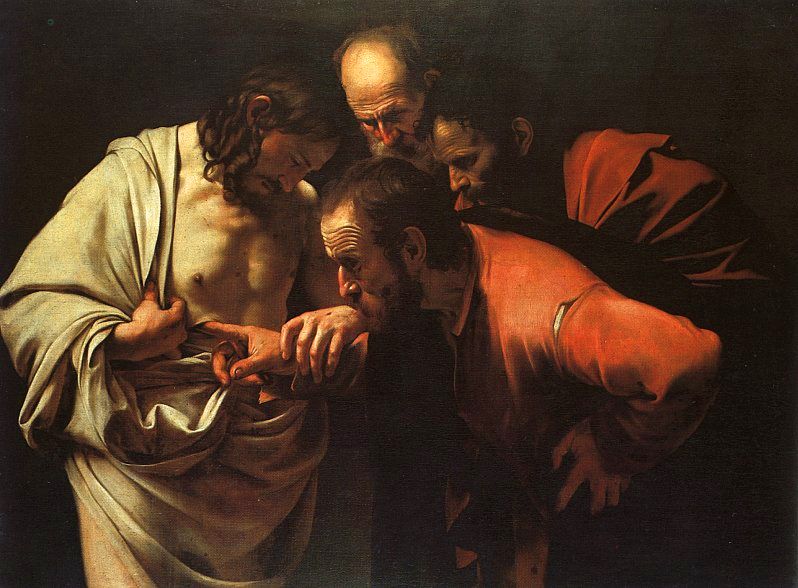
We no longer live in a day where the pastor is perhaps the most educated guy in the town. We no longer live in a day where the pastor is perhaps the most educated guy in the parish. We live in an age unparalleled when it comes to information, inundated with philosophies and theologies and worldviews and narratives. Rome was a hotbed of intellectual, cultural, and religious diversity in the time of the apostles, but even the Romans couldn’t imagine all we have at our fingertips today, even in rural America, through Google, YouTube, and iTunes. So what do we do?
Well, first, we grow roots. We dig into the Scriptures, especially those books which drive home the central doctrine of the Scriptures. Genesis, Isaiah, Mark, John, Romans, Galatians, and 1 Peter are great places to start. We dig into the Catechisms. We learn the questions God would have Christians ask and the answers He has given in His Words. We learn and sing good hymns, which put sound Christian doctrine to memorable melodies. We learn to appreciate the goodly and godly traditions and practices we’ve inherited; we ask the why behind them we treasure those things that have whys that have endeared them and shaped generations of the faithful. In short, we get our feet beneath us. We settle down in God’s might fortress. We become a gospel people.
But we dare not stop there, especially pastors, teachers, and lay leaders. Our study dare not end with our graduation from seminary, college, or catechism class. We need to be in the Word, but we also need to be intellectually exploring the world into which we are called to take it. We need to remember that our brothers and sisters, our people, don’t have the privilege of a life within the fortress as many of us do. Their year isn’t defined by the church year as for many called workers. Their daily bread doesn’t come through study, preaching, and teaching of Christ and Him crucified. God has sent them out, through their vocations. They are bombarded with voices, with ideas, with questions, with challenges to their faith. We need to be able to help them. We need to have answers, and pat answers and platitudes won’t do. In fact, they will do more harm than good. That will do a disservice to the Scriptures and to Christ, their heart. That will give the impression there isn’t an answer where there really might be, or that there isn’t depth where, in truth, nothing could be deeper. Moreover, if our laypeople are going to be able to engage friends and coworkers and acquaintances with the love of Christ in the various stations in which God has placed them, they need to be equipped to speak meaningful words in a thoughtful way, in love, with clarity.
There is another reason we should be willing to step outside the fortress, though. Only the gospel builds faith, but there are big questions, piercing insights, and windows into the human condition aplenty there, outside the fortress. We can understand better who we are as fallen humans and appreciate more who we are as redeemed children of God. We can learn to speak the language of the lost and understand what they’re asking, where they’re looking, and where there are openings for considerate and considered discussion. Moreover, we can have some great conversations, whether or not Jesus comes up every time, whether or not they end in a conversion, and conversation itself is a wonderful gift from God that can be good for our soul. We can be sharpened. We can be honed. We can grow in and show love without strings attached and unafraid. We can…let the bird fly, set free to listen, to talk, to care, to think in a world given back to us as gift, to appreciate what is best, to confront what is worst, to give thanks for our deliverance.
Take a listen to Episode 4 if you get a chance. Besides a lot of, well, conversation, a lot of talk about technology and some good-natured ribbing, we try to dig into the value of stepping outside the fortress and we discuss who especially should do so when, and who should maybe hunker down for a while. When you listen, don’t be shy about telling us what you think, too. We love having new voices in our conversation, from within the church and without, from all sorts of backgrounds, vocations, disciplines, with all kinds of perspective. That always makes things more fun and more fruitful. If you enjoy it, consider sharing the podcast with a friend, rating it, reviewing it, or at least tuning in again. We are digging our new venture. We hope you will, too!









You must be logged in to post a comment.